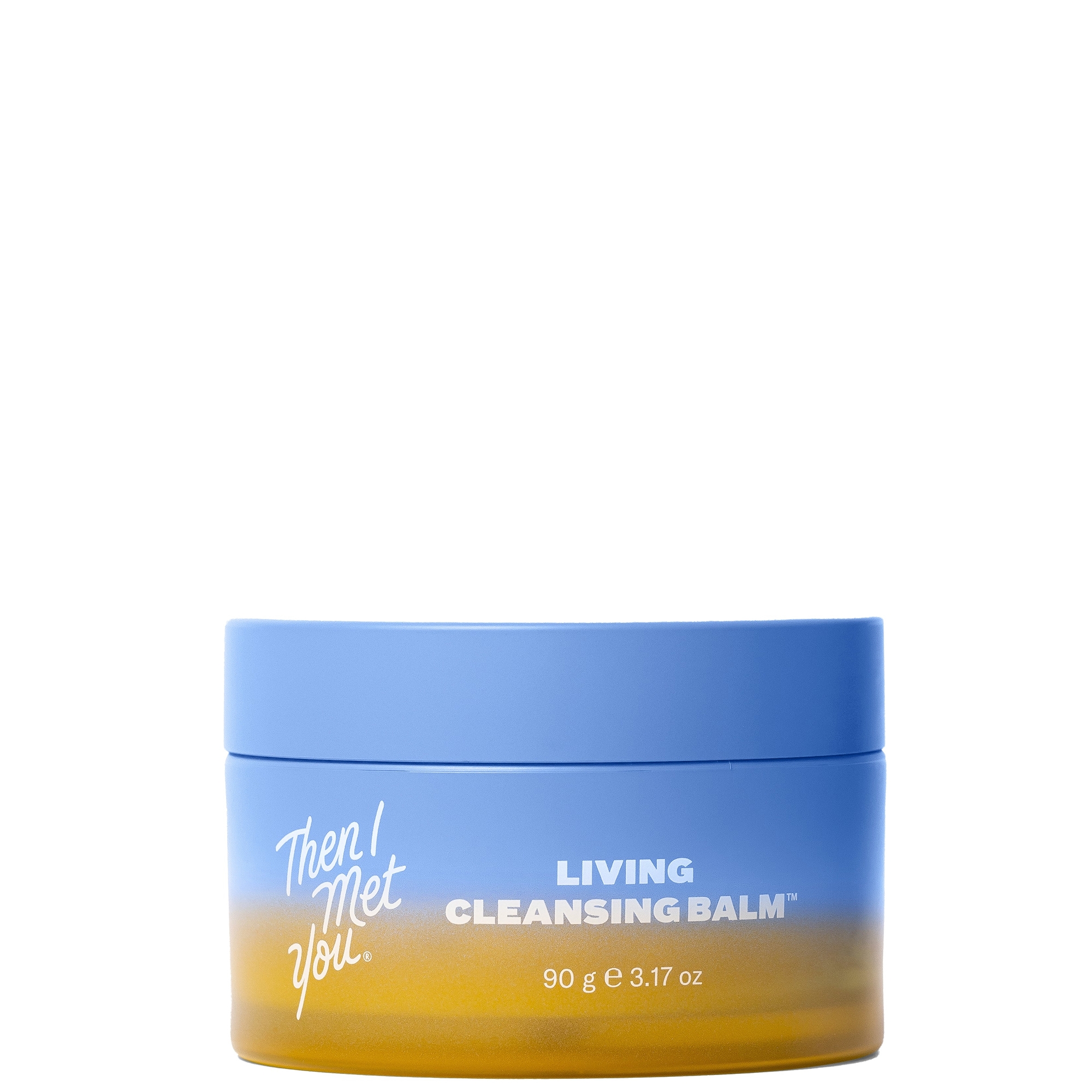I Asked a Dermatologist How to Build a PCOS-Friendly Skincare Routine—Here’s What You Should Know
Plus, the best formulas to consider

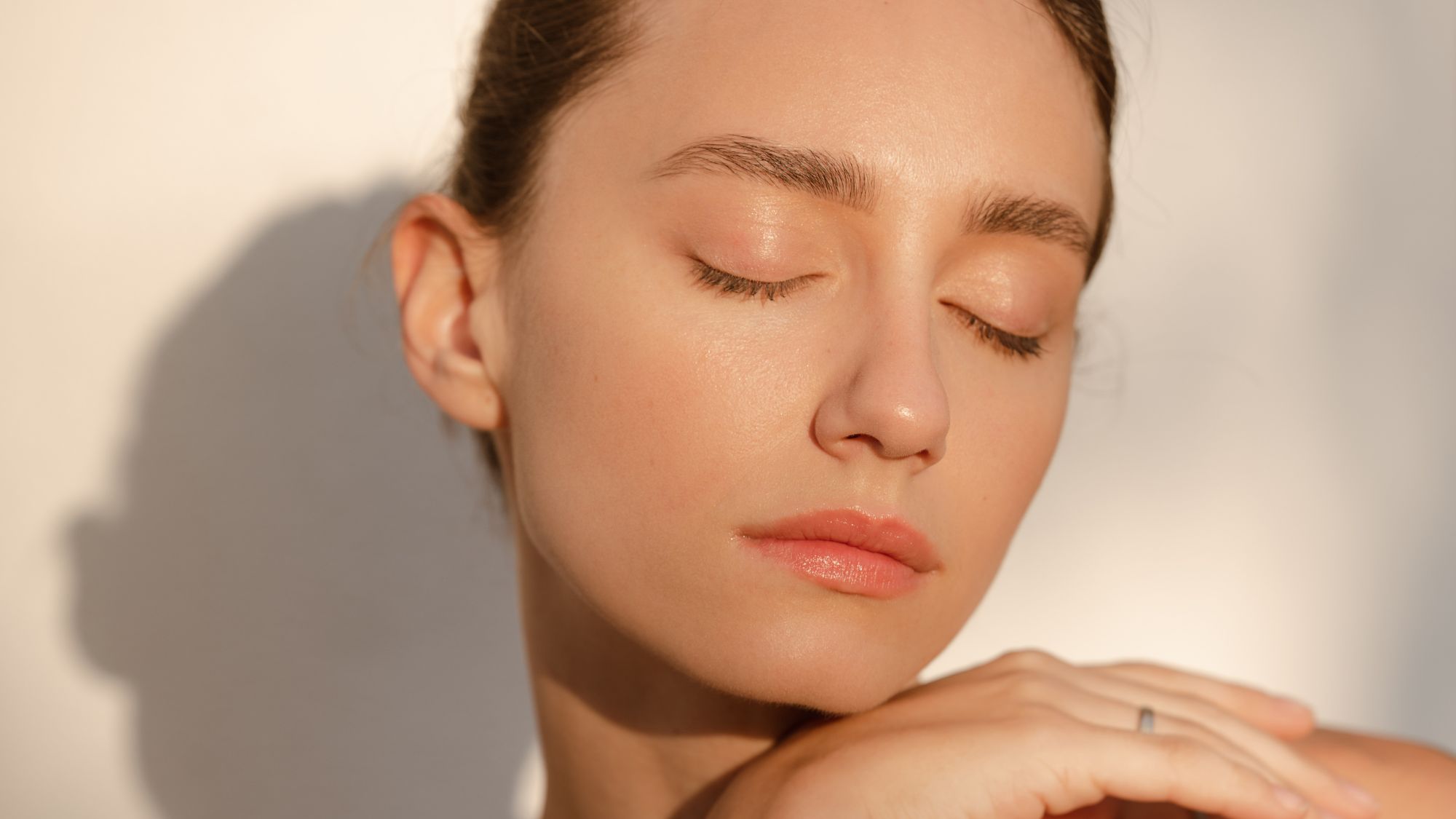
Celebrity news, beauty, fashion advice, and fascinating features, delivered straight to your inbox!
You are now subscribed
Your newsletter sign-up was successful
As someone who was diagnosed with PCOS ten years ago, I can tell you for a fact that, as far as skincare goes, my journey has been far from smooth. From dealing with persistent flare-ups to combating non-stop breakouts, I know that navigating PCOS isn't easy (especially when dealing with other side effects like insulin resistance—but I'll save that for another time).
I'm not exaggerating when I say that it took me years to curate a skincare routine that actually works. I spent far too long overwhelming my skin with actives in a desperate bid to cure my acne, instead of focusing on gentle yet practical solutions that wouldn't compromise its essential moisture barrier.
According to Dr. Christine Hall, K-Beauty expert and general practitioner in medical aesthetics at TakTouk Clinic, "PCOS or polycystic ovarian syndrome is a condition with multiple symptoms including manifestations on the skin."
"It leads to higher levels of the male hormone androgen, which stimulates oil production and can cause congestion and breakouts, particularly around the lower face. These outbreaks are common around the menstrual cycle and the spots are often painful, deep and take longer to resolve," she explains
Dr. Hall also shares that "PCOS can also lead to increased hair growth on the face, hair, back and buttocks as well as hair thinning on the scalp. Many women also experience something called ‘acanthosis nigricans’ (dark velvety areas of skin around areas like the neck and under arms as a result of insulin resistance)."
That said, not every person with PCOS will benefit from the same skincare routine and there are a number of other factors worth keeping in mind, such as your skin type, any hereditary conditions or your skin's sensitivity. Below, I've taken the time to quiz Dr. Hall on everything you need to know (and avoid) when it comes to curating a PCOS-friendly skincare routine.
1. Keep your routine simple and barrier-focused
First and foremost, Dr. Hall suggests not overcomplicating your regimen. "Gentle cleansing, light chemical exfoliation with salicylic or mandelic acid, and consistent hydration are key," she says.
Celebrity news, beauty, fashion advice, and fascinating features, delivered straight to your inbox!
"Avoid stripping the skin, as when the barrier is compromised, oil production and inflammation can worsen. Most importantly, daily SPF is essential to prevent pigmentation."
If your breakouts and acne are persistent, Dr. Hall recommends focusing on ingredients like salicylic acid, hypochlorous solution and topical retinoids.
2. If breakouts are severe, consider prescription medications
Although using the right formulas certainly helps, Dr. Hall still reiterates that in more severe cases of PCOS, you might want to consider other ways to approach the issue.
"In cases where problematic skin is severe or affecting your quality of life, seeing your GP can be helpful, where prescription medications like spironolactone and the oral contraceptive pill can be helpful," she adds.
3. While skincare can help manage breakouts, it can’t resolve PCOS
"PCOS isn't purely an issue related to the menstrual cycle; it affects the whole body, including the skin," reiterates Dr. Hall. "Symptoms vary widely, so not all women experience the same issues. And while skincare can help manage breakouts, it can’t resolve PCOS without addressing hormonal imbalances medically."
5. Avoid over-exfoliating and don't skip on moisturising
As tempting as it may be, over-exfoliating (be it through using chemical or physical formulas) won't be doing your skin any favours. According to Dr. Hall, "it can worsen oil imbalance and compromise the skin barrier, leading to redness and breakouts."
"Don’t skip moisturiser either: dehydration can increase sebum production. Just make sure you opt for something that is oil-free if acne and breakouts are a larger concern," she adds. "And make sure to introduce stronger actives gradually, and always perform a patch test. That way you know which products will suit your skin type the best," she adds.
Best skincare formulas to try in a PCOS-friendly skincare routine

Dr. Hall says that every skincare routine needs a quality vitamin C serum, and nothing quite beats the magic of science-backed formulas from SkinCeuticals. This gentle yet effective serum in particular is great for post-acne dark spots and hyperpigmentation.
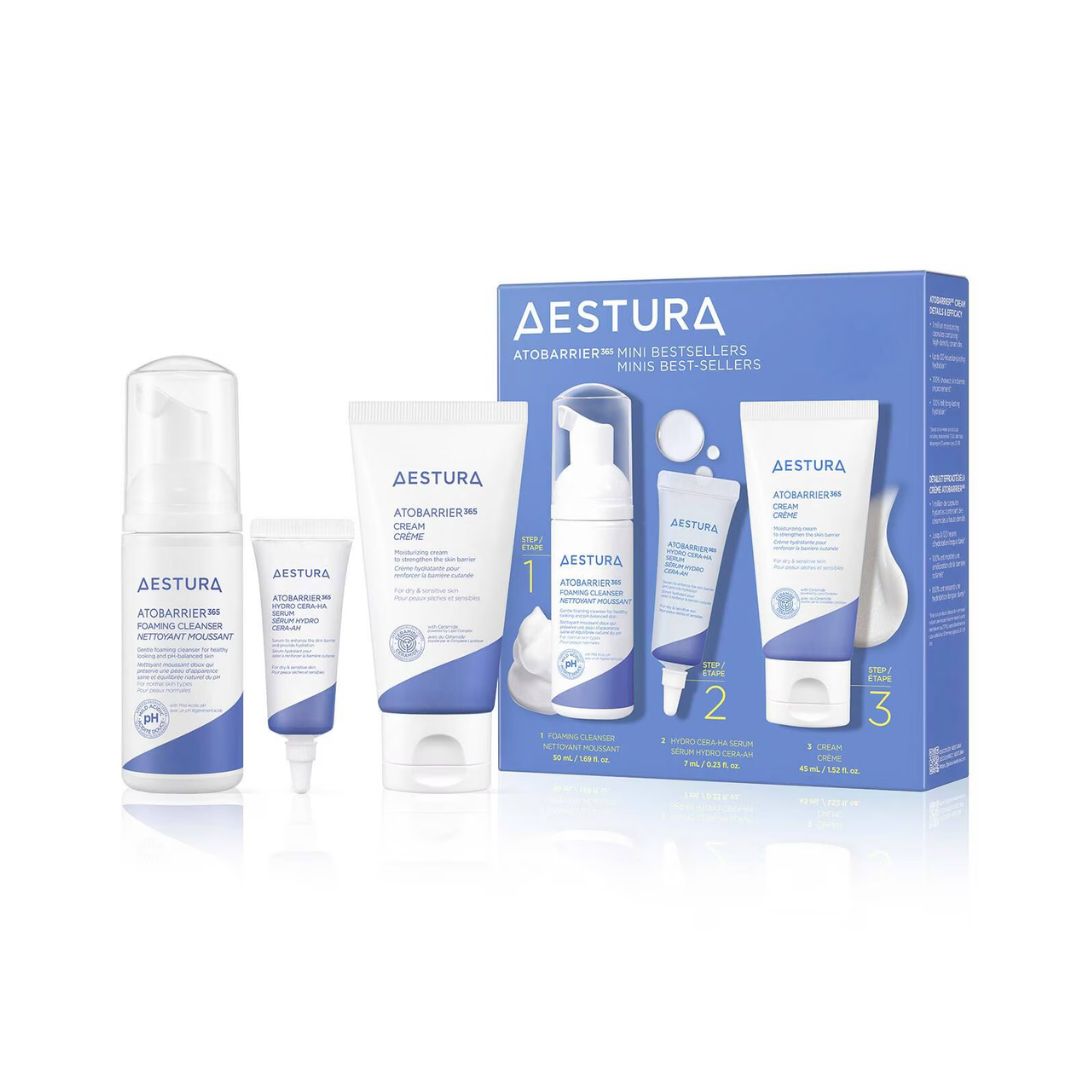
Using barrier-loving products is never a bad idea, so you'd do well to consider formulas that include ingredients like ceramides. And according to Dr. Hall, Aestura (also known as one of South Korea's best-selling brands) offers a great line-up of products that manage to look after your delicate barrier without feeling too greasy on the skin.

When done right, retinoid-infused formulas can be an absolute game-changer, and trust me when I tell you that very few products can stack up to Medik8's iconic Crystal Retinal serum, which uses retinaldehyde as opposed to traditional retinol to ensure a gentle release without compromising on the results.
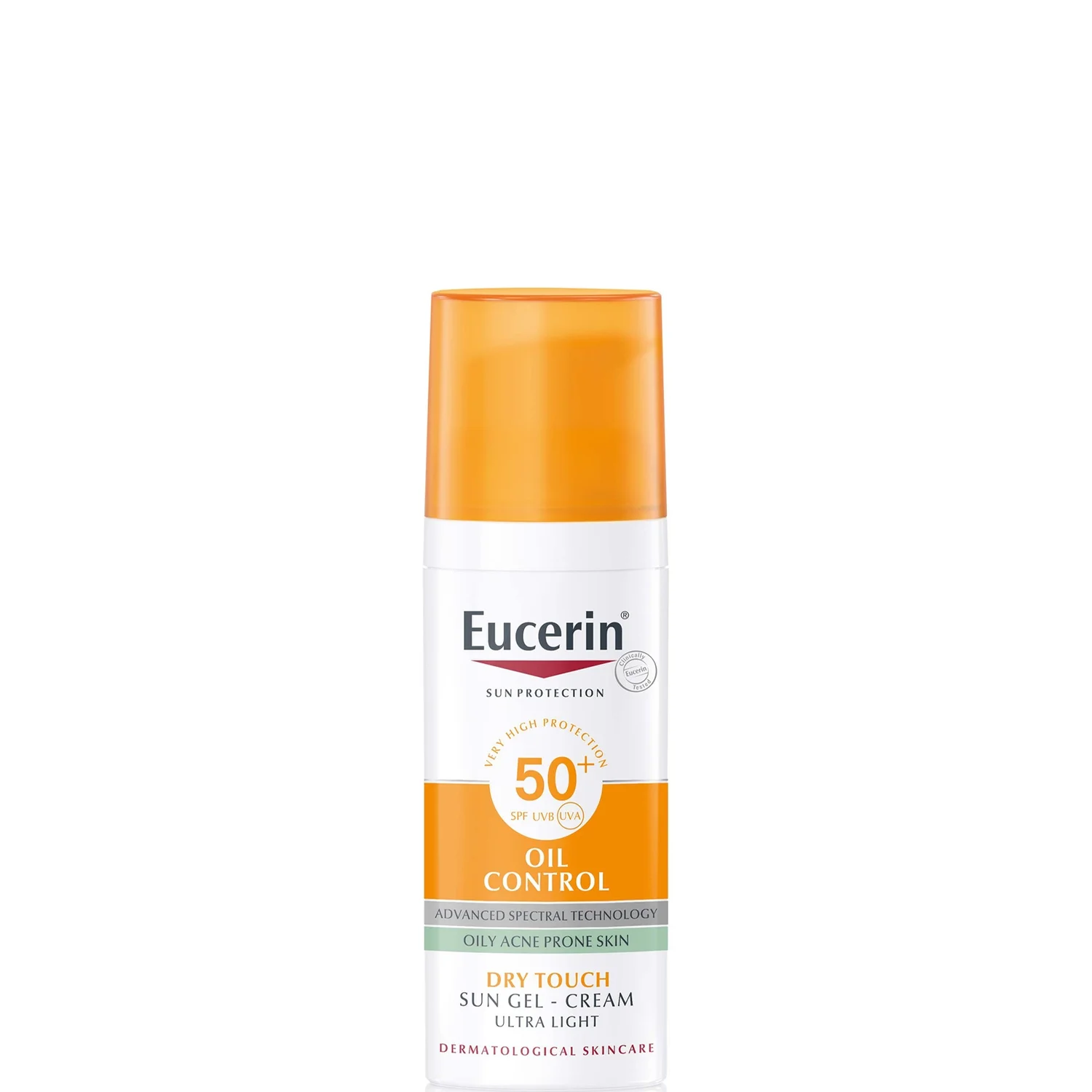
As Dr. Hall specified, SPF should be an essential part of anyone's skincare routine. However, choosing the right formula isn't as straightforward as you'd think, considering that most can feel greasy and leave a white case. Luckily, none of this applies to this lightweight oil-controlling formula from Eucerin.
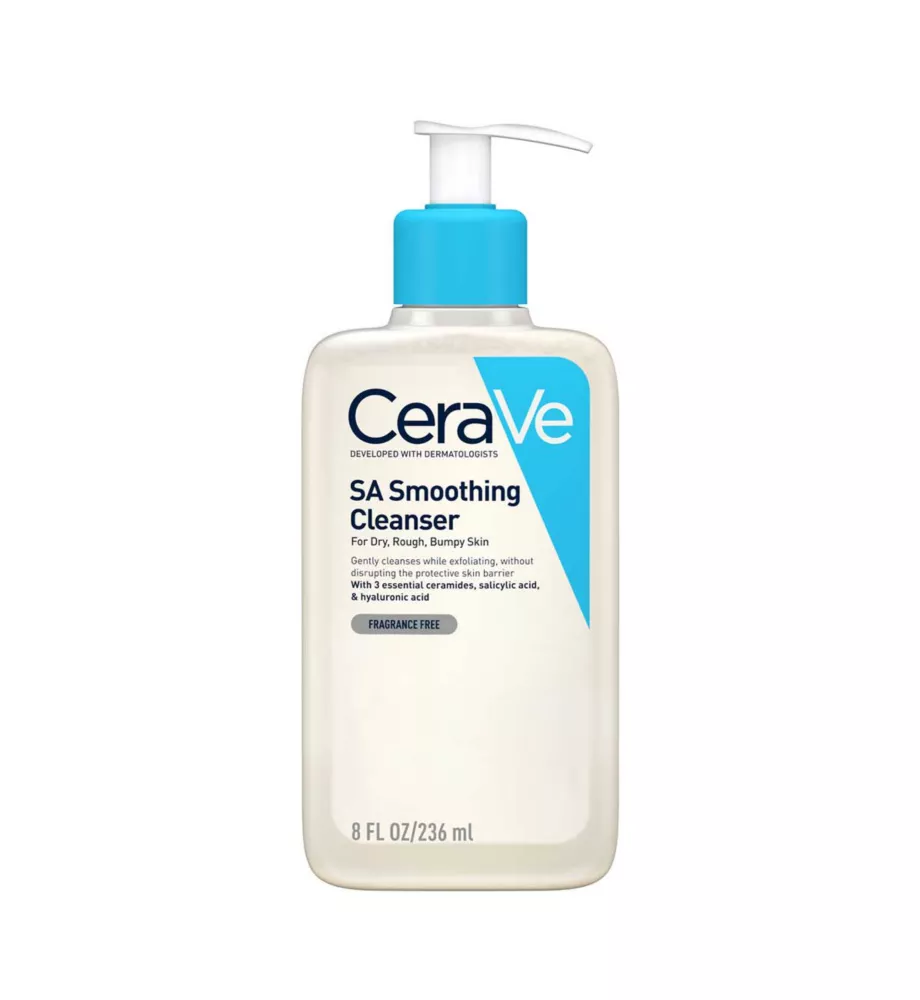
Whether you use it on your face or body, this cleanser from CeraVe is a godsend for those dealing with persistent breakouts. Thanks to the salicylic-acid-enriched formula, it helps to gently exfoliate (but not at the cost of compromising your skin barrier).
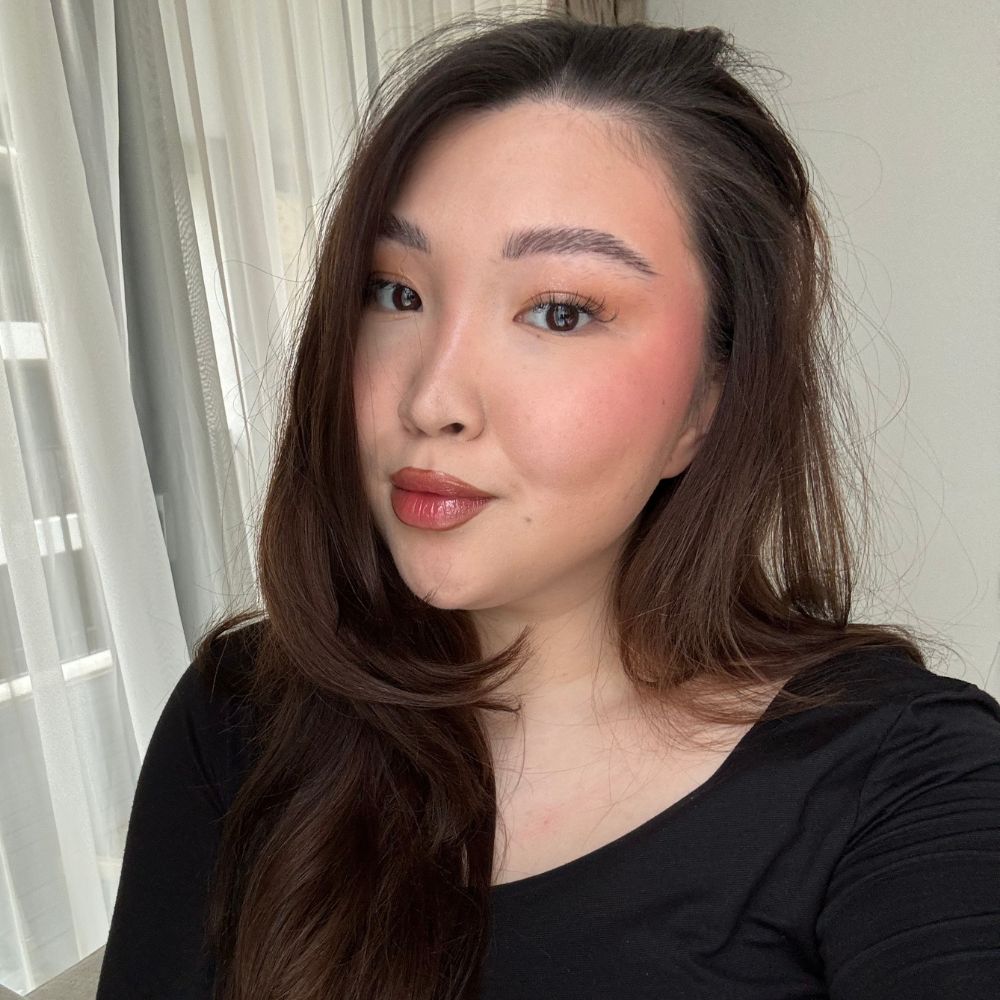
Denise is an award-winning beauty journalist with years of experience in the industry, writing about everything from makeup and skincare to perfume and haircare. Having interviewed celebrities like Khloe Kardashian and Winnie Harlow, Denise's vast writing portfolio also includes a number of product reviews, buying guides, first-person features and deep-dive explainers.
